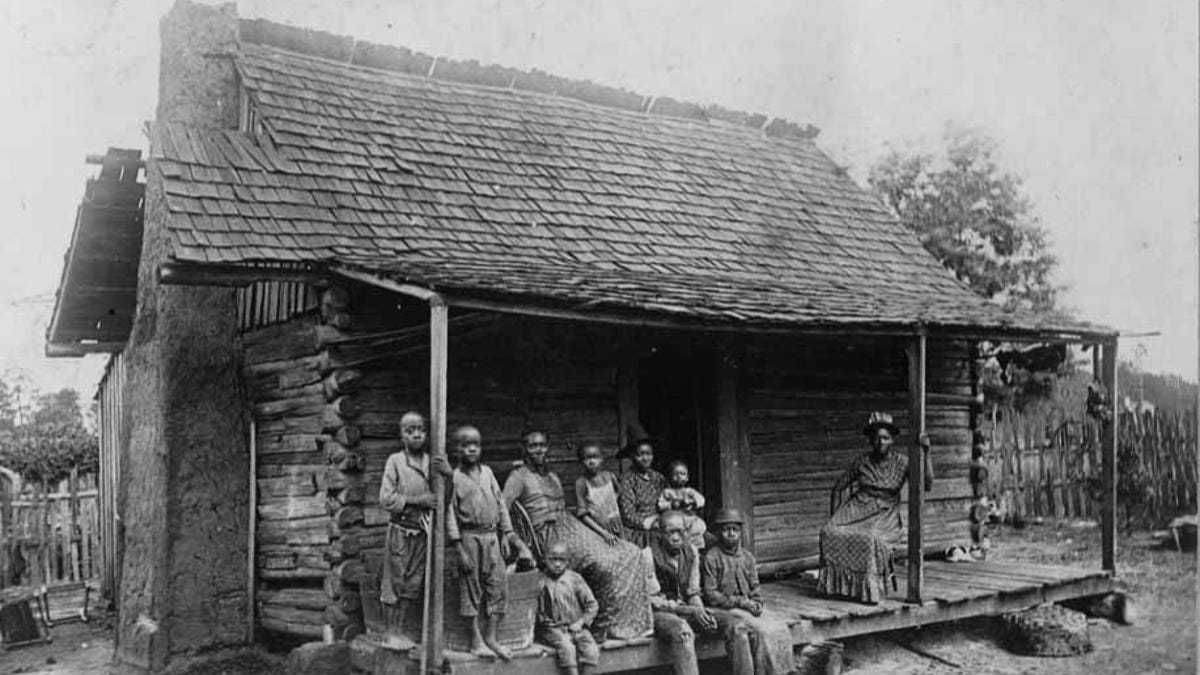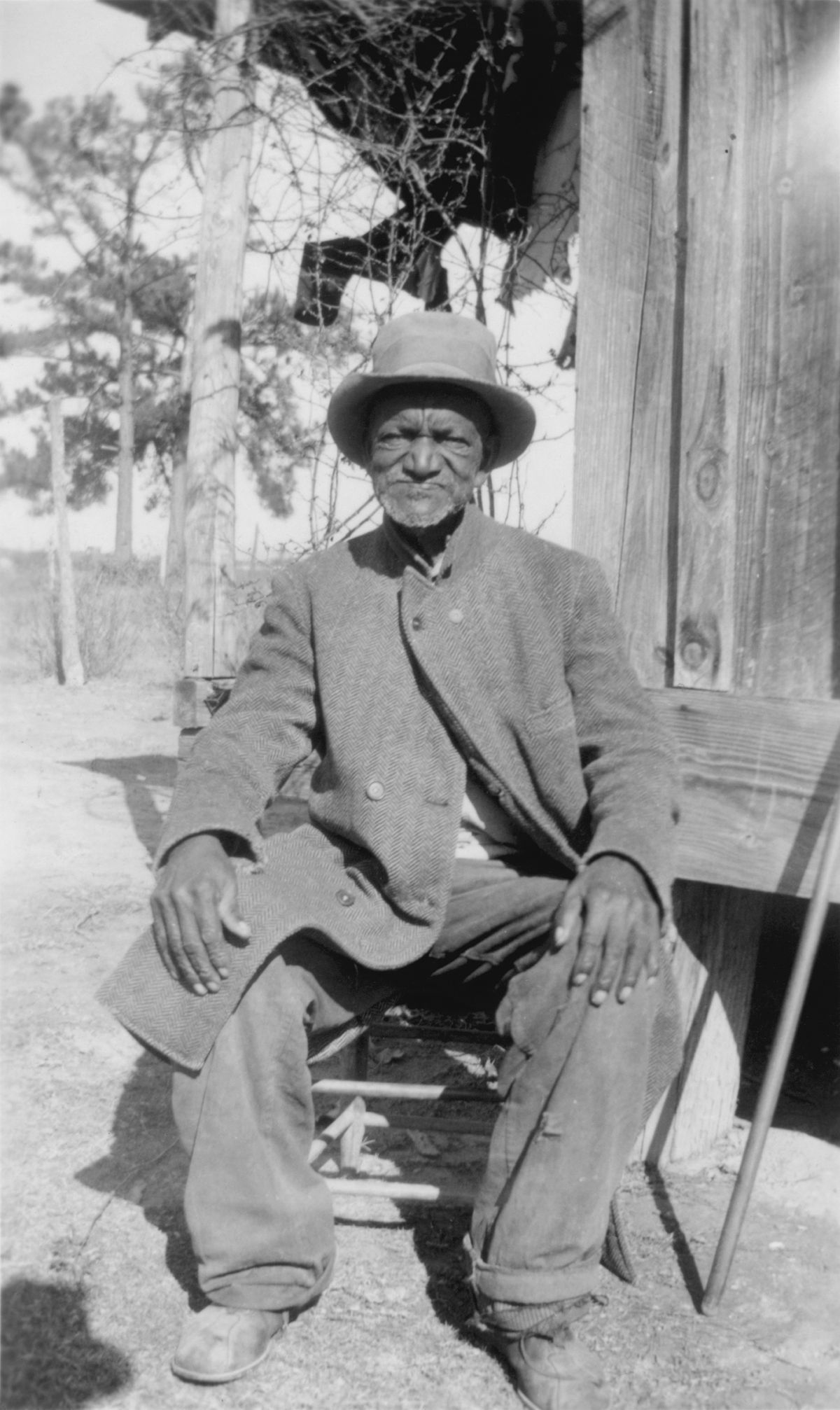EX-SLAVES TALK
John Henry Faulk's Epiphany


Preserving history is a key part of society, but it’s harder than it seems. But back in the 1940s, John Lomax, the national folklore advisor for the government’s Federal Writers’ Project — part of the New Deal’s Works Progress Administration — decided to send out a group of people to record first-hand accounts from slaves.
At that point, only 75 years had passed since the Civil War ended, so some former slaves were and their immediate descendants were still living. The recordings were later released by the Library of Congress in 1972. The project also included handwritten notes and transcriptions from interviews.
In this news clip from ABC in 1999, we hear some of the accounts from recordings done by white Texan John Henry Faulk, who had dedicated most of his life to documenting the accounts and working for various nonprofits to do so. In the beginning of the clip, we hear from Faulk himself about an epiphany that he had after a Black man taught him how he perpetuated the system. It’s a poignant and important moment.
Ex Slaves talk about Slavery in the USA
In fact, most of the interviewers were white, which some historians believe led to more memories that don’t relate to the unimaginable brutality endured by these former slaves. All in all, 2,300 people were interviewed and their voices live on. Among those interviewed was Fountain Hughes, who was born at Thomas Jefferson’s plantation, Monticello. He is also a descendant of Sally Hemings, who was the mother to six of Jefferson’s children.
It’s chilling to hear former slaves speak more than a century after formal slavery was abolished. But, as we all know, informal slavery lives on through the 13th amendment. Incarceration disproportionately affects people of color, specifically Black people. So while you listen to the voices of the past, just know that it echoes in the future. This haunting, powerful 10-minute news clip demonstrates that to the fullest effect. Watch it here on PROVOKR.


